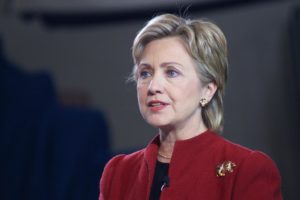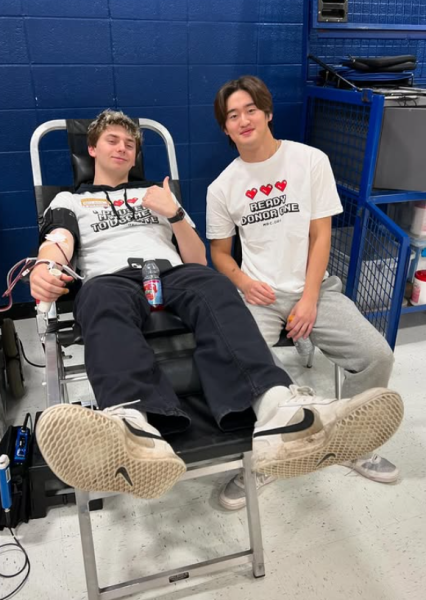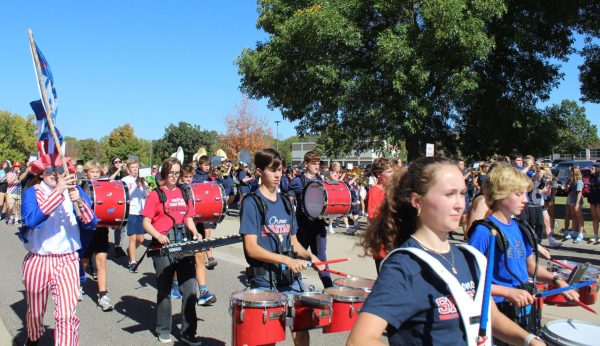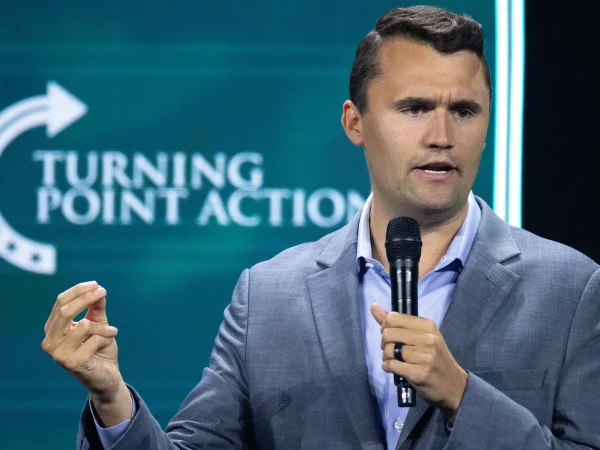How Voting has Changed Throughout the Years
The election reflected on social media platforms.
The 2016 election was one that will undoubtedly go down in history as one of the most intense competitions. With many having very extreme opinions on either candidate, the results of the election were a toss up. There are some key things that have evolved from previous elections, including voter turnout and social media involvement.
In terms of early voting, there was a huge spike in turnout this year. According to the Chicago Tribune, 46.27 million people have cast early votes. The Associated Press also estimated that number to reach 50 million by election day, which is 40 percent of all ballots.
In Florida, one of the swing states, the early Latino vote totals for 2016 were 596,146, which is 14.1 percent of all votes, according to CNN. This is very high compared to a total of 260,263 votes cast in 2008, which was 9.6 percent of all votes. In other swing states, such as Georgia and North Carolina, early voting also increased since 2012, 0.8 percent and 0.6 percent respectively.
Spikes in voter turnout seem to be due to a higher interest in this election. After the results of the election debuted, millions of Clinton supporters were not only surprised, but also furious. Protests began to break loose in a matter of days and with emotions raging, things began to get violent. CNN reports that the Portland Police publicly declared it a riot. These events transpired in many other U.S. cities. Nonetheless, Trump has been conversing and collaborating with President Obama to make his transition into the White House as smooth as possible.
Since the election, emotions have not seemed to die down. With social media booming more than ever, there is no doubt that trends travel fast and societies are influenced greatly. The Economist says that the factors that determine whether a piece of news travels fast is if it is either surprising or confirms prejudices. Lately, the pieces of news that have been traveling fast throughout social media have been reports of racial slurs, comments, or prejudice behavior.
“Since social media is such a big thing, people can post what they think online and show people so it tends to persuade people. People just read stuff online that might not be true,” senior Jeni Ronald said.
Superintendent Karen Orcutt delivered a post election message on the OHS website that reminded students and parents to act with respect and kindness towards all people. Principal David Benson also delivered a speech after racial slurs were graffitied onto a bus. The speech was meant to be, “a reminder that we can’t get caught up in that stuff and think it’s okay,” Benson said.
“That’s the kind of stuff that’s just wrong. We’re better than that,” Benson said.
Social media has never been so reflective of American politics. When news travels, people form opinions and, according to CIO.com, psychological research shows that people like to find confirmatory information. So, whether news is true or false, opinions are circulating and people are forming groups.
“People look for what they want to hear. I don’t read articles that I don’t want to know about. If you read an article that you like it kind of confirms your beliefs,” Ronald said.
Various things have changed in this election compared to previous years, and much of it has been affecting social and civil discourse.
























































